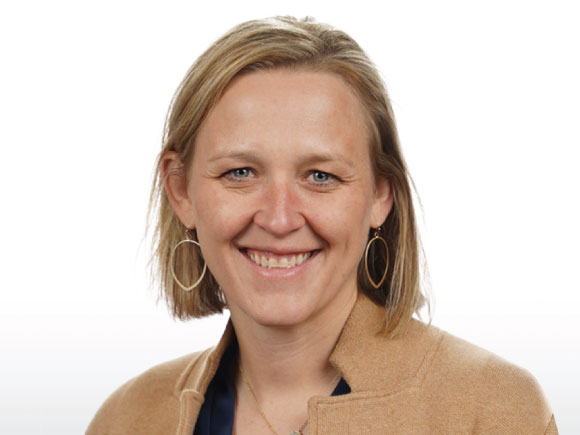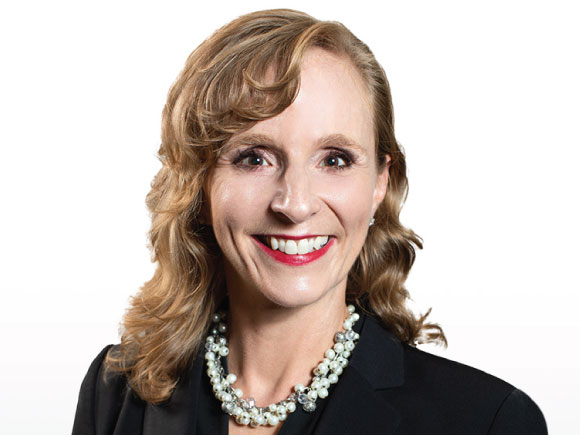Healthcare revenue cycle
Tap into our industry-leading revenue cycle expertise to transform your operations, technology, and culture and elevate financial performance. From end-to-end revenue cycle management to targeted healthcare managed services and outsourcing solutions, we work with you to create a flexible model to reach your strategic goals and meet the needs of your organization.
How we help
Revenue cycle managed services and outsourcing solutions
Implement targeted managed services solutions or end-to-end revenue cycle management to provide operational leadership, customize resourcing approach, and drive strategic direction to reach your goals.
Learn More
Learn More
Insights and case studies
Connect with a revenue cycle expert
Thinking about joining?
We see what’s possible in you and help you achieve it. Join Huron, where our culture inspires, supports, and rewards you so you can achieve your full potential.
Apply to Huron Research office roles









